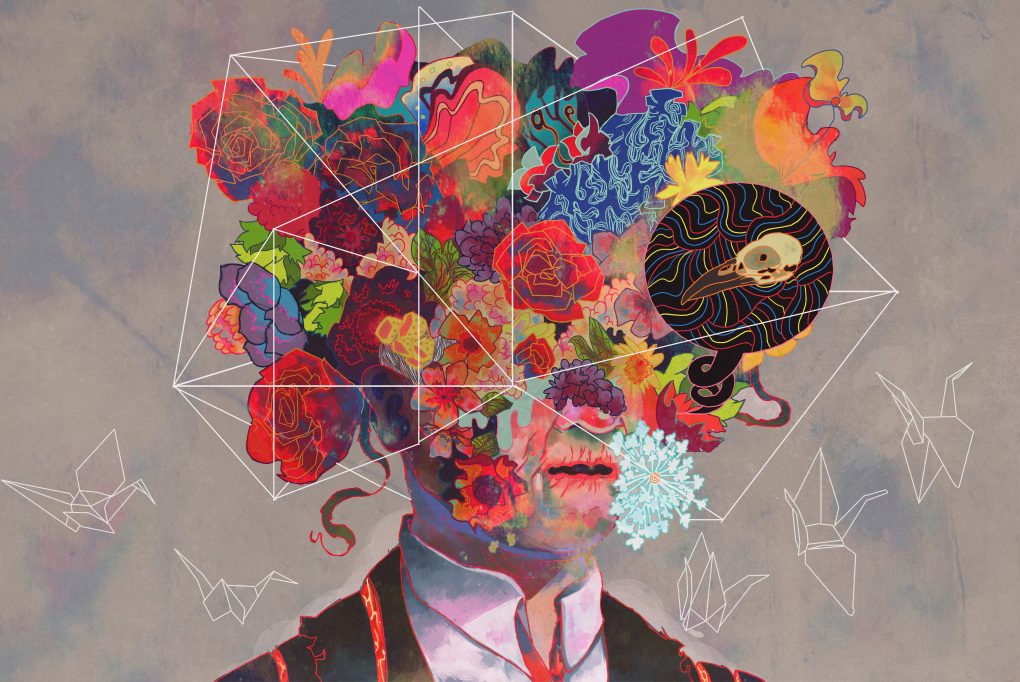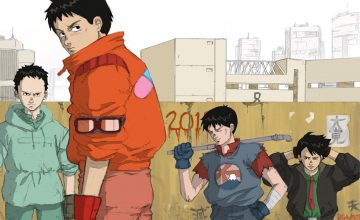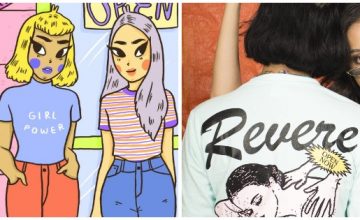Warning: Possible spoilers ahead.
Kindness is exposing a raw part of you. It’s that mix of sheer authenticity, vulnerability, and genuine intentions. From straight-up martyrdom to random acts of kindness, there is something so fragile, yet so brave about putting others first.
And that’s why kindness scares the fuck out of me.
Now, there are a lot of ways I could’ve unpacked this emotional baggage. One piece of advice would be therapy. But if you’re me, a Netflix subscription is all you can afford at the moment. This means shows like NBC’s “The Good Place” and Netflix’s “Bojack Horseman” became starting points on understanding what we owe to each other as people. And last week, these two shows aired their finale.
These shows have stark differences. One is Michael Shur’s palatable version of philosophy for dummies, while “Bojack Horseman” is the harrowing journey of becoming a good person, but with anthropomorphic animals instead of mainly people. They seem to be way too different and complex to be pigeonholed into one conversation. Yet, when they aired their finales one day apart—the gap that divided them seemed smaller.
It’s undeniable that both shows try to solve what makes the universe tick. Or rather, what does being human all boil down to? In “The Good Place,” Team Cockroach a.k.a. Eleanor Shellstrop, Chidi Anagonye, Jason Mendoza, Tahani Al Jamil, Michael the reformed demon, and the not-girl/not-robot Janet pulled a Dante’s Divine Comedy throughout the series.
What does being human all boil down to?
The show follows their journey from The Bad Place (Hell), The Medium Place (Purgatory), and then eventually, The Good Place (Heaven) on their quests to save their souls, and eventually, humanity. As the series reached an end, no one has figured out a foolproof system on rewarding people who are morally “good” or “bad,” since morality is greyer than ever. They had to go back to their current knowledge of philosophy and past experiences to solve it themselves.
In “Bojack Horseman,” morality is 50 shades of gray. This is Bojack’s personal dilemma. They explore a lot of existentialist and absurdist themes throughout its run. But it all really boils down to this aging ’90s celebrity’s quest to being good despite the temptations of Hollywood. And throughout moments of enlightenment, questionable choices, and badly timed film criterion puns, the show’s finale gave us the answer—and it’s similar to “The Good Place.”
Read more: “BoJack Horseman’s” final trailer shows BoJack actually rising up from his issues
“The Good Place” ended with Team Cockroach finally getting into, well, the good place. But it turns out the good place is pretty shitty. Everyone became zombies to their whims. Since you can have everything you wish for, fulfillment became the norm and life became meaningless. That’s how they developed a system where everyone can decide when to leave heaven.
“To be human is to know you are not forever; to know you are forever is to lose your humanity,” wrote NPR in their review. People left heaven when they felt the time is right. They left when they felt they have nothing more to prove nor give.
Before the credits roll, it ended with a domino effect of acts of kindness. Eleanor, one of the main characters, turned her reformed demon friend Michael into a human being. This is something he had desired ever since. With that, she ended her existence by putting others before herself. One of the show’s main questions lies in T.M Scalon’s book: “What Do We Owe To Each Other?”
Read more: “Bojack Horseman’s” season six asks: Does forgiveness exist in call-out culture?
In NPR’s thorough review, they wrote how the answer lies in kindness and time with the ones we love. “Surround yourself with friends who love you and love them deeply, and you will grow. It’s worth applying every part of yourself, including your intellect, to the question of how to do the right thing.”
“It’s worth applying every part of yourself, including your intellect, to the question of how to do the right thing.”
The finale of “Bojack Horseman” explored how problematic people won’t stay problematic forever. What will stay forever are the scars they left others. Another thing that would stay forever are the lessons from the people we’ve hurt and loved. Sadly, people like Bojack would have to live with their mistakes and continue to grow from it—closure optional.
“I think there are people that help you become the person that you end up being, and you can be grateful for them even if they were never meant to be in your life forever,” says Diane Nguyen before she left Bojack’s life for good. It all ends with a somber note. Still, his friends’ kindness became a way for him to change. All that’s left is for him to show the same kindness to himself.
Kindness, whether it is deemed cool or not, will come a long way. Like what Tumblr user sothisispoetry wrote about “The Good Place’s” ending, “If we’re all kind to each other, if we all try to contribute meaningfully and lovingly to one another’s lives, maybe — just maybe — everything will be fine.”
“If we’re all kind to each other, if we all try to contribute meaningfully and lovingly to one another’s lives, maybe — just maybe — everything will be fine.”
These shows didn’t give us definite answers to what existence means. Come on—they’re human too. Although, they gave us good points on where to start. Through non-cheesy executions and polarizing depictions of reality, they proved to viewers like me it’s hard to be kind, but it will always be worth it at the end.
With that, I quote Michael’s last words before the final “The Good Place” credits rolled: “I’ll say this to you, my friend, with all the love in my heart and all the wisdom of the universe. Take it sleazy.”
Art by Rysa Antonio
























Comments